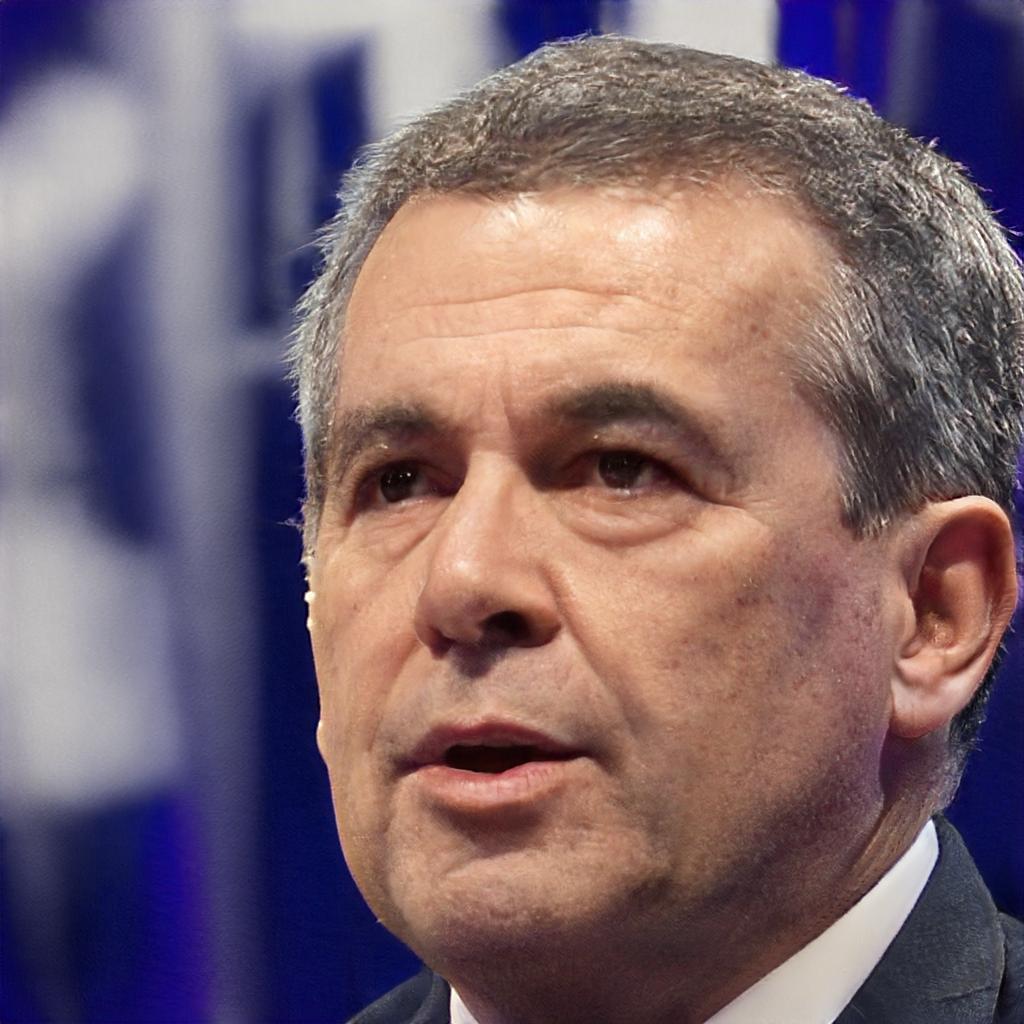Criminal defense and family law are two fundamental pillars of the legal system, each playing a critical role in addressing different aspects of personal and family issues. Criminal defense focuses on defending individuals accused of crimes, while family law deals with legal matters affecting familial relationships. Both fields require specialized knowledge and skills, and understanding their scope is essential for navigating legal challenges and ensuring the protection of rights and well-being. This comprehensive guide explores the intricacies of criminal defense and family law, highlighting their importance, key components, and the role of attorneys in these areas.
Table of Contents
Criminal Defense: Safeguarding Individual Rights
The Role of Criminal Defense Attorneys
Criminal defense attorneys are the first line of defense for individuals accused of crimes. Their primary mission is to protect their clients’ rights throughout the legal process and strive for the best possible outcomes. Here’s a deeper look at their roles and responsibilities:
- Legal Representation: At the core of a criminal defense attorney’s job is representing clients in court. They argue on behalf of the accused, ensuring that their constitutional rights are upheld. This involves presenting legal arguments, cross-examining witnesses, and challenging evidence presented by the prosecution. Defense attorneys must be skilled advocates, able to articulate their client’s position clearly and effectively to judges and juries.
- Case Evaluation: Before a case even reaches court, defense attorneys evaluate the evidence against their clients. They scrutinize police reports, witness statements, and forensic evidence to identify weaknesses in the prosecution’s case. This evaluation is critical for developing a robust defense strategy, whether it involves disproving the prosecution’s evidence or finding new evidence that supports the client’s innocence.
- Plea Bargaining: In many cases, negotiating a plea deal with the prosecution can be a viable strategy. Defense attorneys negotiate terms that might result in reduced charges or lighter sentences. This can include negotiating for a lesser charge, reduced fines, or alternative sentencing such as community service or probation. Effective plea bargaining requires a deep understanding of the legal system and the ability to negotiate favorable terms under pressure.
- Trial Preparation: Preparing for trial involves more than just reviewing evidence. Attorneys must gather new evidence, consult with experts, and develop legal arguments that will be presented in court. This preparation is exhaustive and involves creating a detailed plan for every aspect of the trial, from opening statements to closing arguments.
- Appeals: If a conviction occurs, the role of a defense attorney may shift to handling appeals. Appeals involve challenging the legality of the trial’s outcome or the fairness of the trial process itself. This can include arguing that the trial court made legal errors that affected the verdict or that the sentence imposed was unjust.
Key Areas of Criminal Defense
Criminal defense attorneys handle a diverse array of charges, each with its own legal complexities and potential consequences. Understanding these areas is essential for anyone facing criminal charges:
- Felonies: Felonies are the most serious types of criminal offenses. They include crimes such as murder, assault, and drug trafficking. Convictions for felonies can result in long prison sentences, significant fines, and long-term impacts on an individual’s life. Defense strategies for felonies often involve complex legal arguments and extensive investigation to mitigate the severe penalties associated with these charges.
- Misdemeanors: Misdemeanors are less severe than felonies but can still have significant consequences. These offenses include theft, vandalism, and minor drug crimes. While the penalties for misdemeanors are generally lighter than felonies, they can still lead to fines, probation, and a criminal record. Defense attorneys work to reduce the impact of these charges through plea deals or arguing for less severe sentences.
- DUI/DWI: Driving under the influence (DUI) or driving while intoxicated (DWI) charges are common but serious. These offenses involve driving with a BAC of 0.08% or higher and can result in fines, license suspension, and even jail time. Defense strategies for DUI/DWI charges often focus on challenging the accuracy of breathalyzer tests, questioning the legality of the traffic stop, and examining the conduct of field sobriety tests.
- White-Collar Crimes: White-collar crimes involve non-violent offenses typically related to financial or corporate wrongdoing. Examples include fraud, embezzlement, and identity theft. Defending against these charges requires a thorough understanding of financial regulations and the ability to challenge complex financial evidence.
- Juvenile Offenses: Crimes committed by minors are handled in juvenile courts, where the focus is on rehabilitation rather than punishment. Defense strategies for juvenile offenses may involve presenting mitigating circumstances, advocating for alternative sentencing, or negotiating for educational or rehabilitation programs.
Importance of Criminal Defense
Criminal defense attorneys play a crucial role in the legal system. Their work ensures that:
- Protecting Constitutional Rights: Attorneys uphold essential rights such as the right to a fair trial, protection against self-incrimination, and protection from unreasonable searches and seizures. These rights are foundational to the justice system and must be defended rigorously.
- Navigating Legal Procedures: The criminal justice system is complex, with numerous procedures and regulations. Defense attorneys guide clients through every step of the process, from pre-trial motions to trial procedures and appeals.
- Minimizing Penalties: One of the primary goals of a criminal defense attorney is to minimize the penalties associated with criminal charges. This can involve negotiating for reduced charges, avoiding jail time, or seeking alternative sentencing options.
- Achieving Fair Outcomes: Defense attorneys strive to achieve the best possible outcomes for their clients. This involves not just winning cases, but also negotiating favorable plea deals and advocating for fair sentencing.
Family Law: Addressing Family Dynamics and Legal Issues
The Role of Family Law Attorneys
Family law attorneys handle legal matters related to family relationships, focusing on resolving issues that arise within families. Their roles are diverse and critical for maintaining family harmony and ensuring legal rights are upheld:
- Legal Representation: Family law attorneys represent clients in cases related to divorce, child custody, and other family matters. They advocate for their clients’ interests in court, presenting evidence, making legal arguments, and seeking favorable outcomes for their clients.
- Mediation and Negotiation: In many family law cases, attorneys act as mediators, facilitating discussions between parties to reach amicable solutions. This involves negotiating agreements on issues like asset division, custody arrangements, and support obligations.
- Drafting Legal Documents: Attorneys prepare essential legal documents such as divorce decrees, custody agreements, and prenuptial agreements. Accurate and clear documentation is crucial for ensuring that legal agreements are enforceable and reflect the parties’ intentions.
- Enforcement of Orders: After court orders are issued, attorneys help clients ensure that these orders are enforced. This can involve actions such as collecting child support payments, ensuring compliance with custody arrangements, and addressing violations of court orders.
Key Areas of Family Law
Family law covers a broad range of issues affecting family relationships. Some of the key areas include:
- Divorce: Divorce involves the legal dissolution of marriage. It requires dividing marital assets, determining spousal support, and resolving custody and visitation issues. Divorce can be contentious, and attorneys work to ensure fair outcomes for their clients.
- Child Custody and Visitation: Attorneys help determine legal and physical custody arrangements for children, focusing on the best interests of the child. This includes establishing visitation schedules and addressing issues related to parenting time.
- Child Support: Child support involves financial contributions from one parent to the other for the care of their child. Attorneys calculate support amounts based on income and needs and ensure that support payments are fair and sufficient.
- Adoption: Adoption is the legal process of becoming a child’s legal parent. This process can be domestic or international, and attorneys guide clients through the complex legal requirements and procedures involved.
- Domestic Violence: Attorneys provide legal protections for victims of domestic violence. This can include seeking restraining orders, emergency protection, and legal remedies to ensure the victim’s safety.
- Paternity: Establishing paternity involves determining a child’s legal father. This can affect custody, support, and inheritance rights, and attorneys work to establish paternity and resolve related issues.
Importance of Family Law
Family law attorneys are vital in addressing legal issues that affect families. Their work ensures that:
- Protecting Family Interests: Attorneys focus on the best interests of children and family members in legal decisions, striving to create fair and supportive arrangements for all parties involved.
- Facilitating Fair Divorces: Family law attorneys guide clients through the divorce process, aiming for equitable division of assets, fair spousal support, and reasonable custody arrangements.
- Providing Legal Protections: Attorneys offer legal remedies for victims of domestic violence, working to ensure their safety and well-being.
- Navigating Complex Family Issues: Family law often involves complex legal and emotional issues. Attorneys manage paternity disputes, adoption procedures, and other intricate matters with sensitivity and expertise.
Integrating Criminal Defense and Family Law
While criminal defense and family law are distinct fields, they can overlap in various ways:
- Criminal Charges in Family Disputes: Criminal issues like domestic violence or substance abuse can significantly impact family law matters. For example, a domestic violence charge might affect custody decisions in a divorce case.
- Impact on Family Relationships: Criminal convictions can influence family dynamics, affecting responsibilities like child support and custody arrangements. Legal strategies must consider these broader implications.
- Coordinated Legal Strategies: When criminal and family law issues intersect, attorneys may need to develop coordinated strategies to address both types of concerns effectively. This approach ensures that all legal issues are managed comprehensively and efficiently.
Conclusion
According to speightslaw.com, Criminal defense and family law are two essential areas of the legal system that significantly affect individuals and families. Attorneys in these fields play crucial roles in protecting rights, resolving legal issues, and guiding clients through complex legal processes. Whether facing criminal charges or dealing with family-related legal matters, having experienced legal representation is vital for achieving the best possible outcomes. Skilled attorneys ensure that your rights are upheld, that you navigate the legal system effectively, and that you secure a favorable resolution to your legal challenges. If you find yourself confronting issues in criminal defense or family law, seeking knowledgeable attorneys in these fields is a crucial step towards addressing your legal problems and safeguarding your future.
About the author: Mark Scott

With a law degree under his belt, Mark Scott understood very early that law communication was a relatively neglected area. He decided to help people by “translating” the language and offering information and advice in a clear, helpful, and actionable manner. For this reason, instead of finding him in court, you will most likely find his name online, where he is very active and thriving as a legal columnist. His part of making the world a better place is to make the law a less convoluted maze. He aims to make it easier for people to understand when and how to seek legal counsel, how to proceed in a significant number of legal matters, and how to find the proper resources so they can stand up for their rights.
